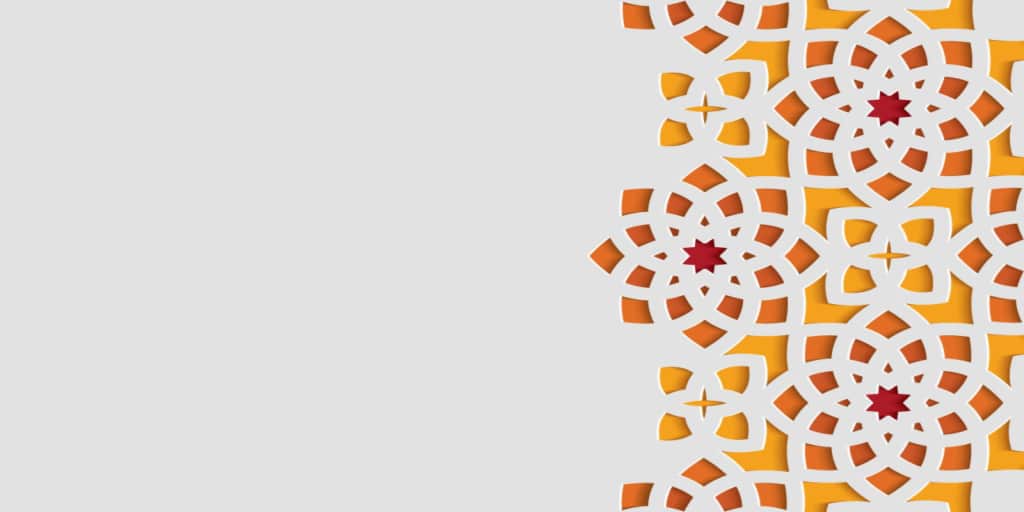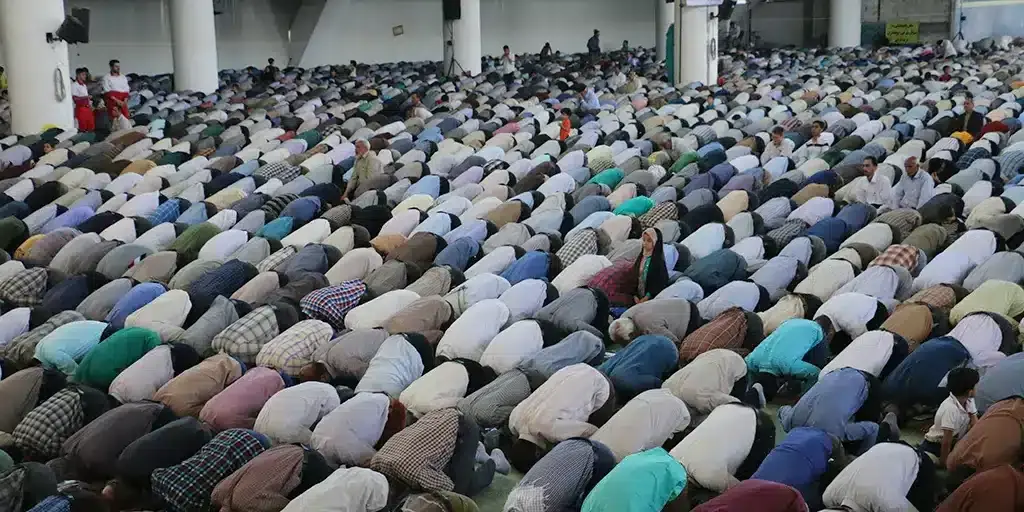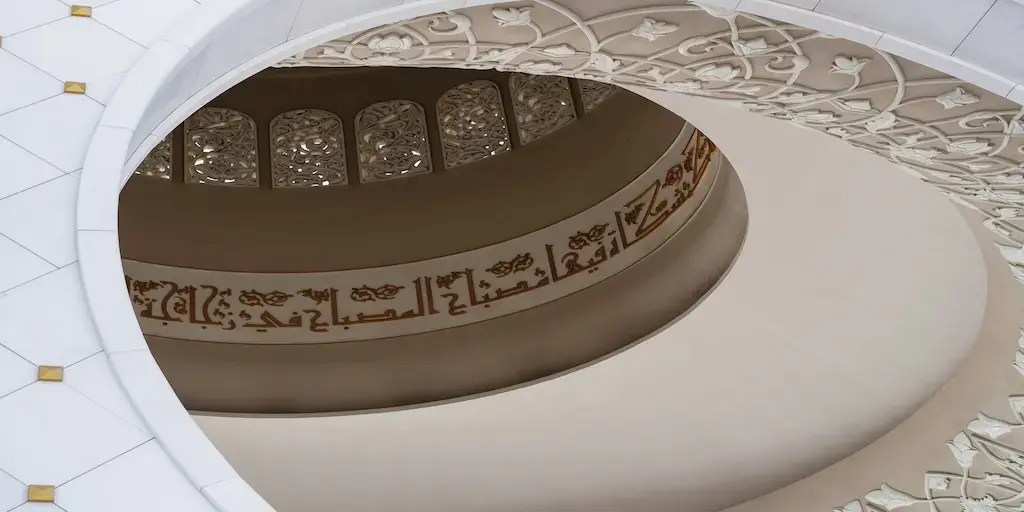Muslims claim that they believe in the true Jesus Christ. Muslims praise Jesus as a prophet of God, as sinless, as "the Messiah," as "illustrious in this world and the next," as "the Word of Allah" and as "the Spirit of God." (e.g. Sura 3:45) Muslims cite their Bible, the Koran, in confirmation of their belief in Jesus: ‘And we gave Jesus, Son of Mary, the clear signs, and confirmed Him with the Holy Spirit."
[1] But whatever Islam claims, it does not believe in the biblical Jesus. First, it asserts that Jesus was only one of God’ ‘s endless prophets or messengers, and not God’s only begotten Son. Muslims adamantly reject the idea that Jesus is the Son of God. The Koran repeatedly emphasizes that Jesus Christ is not the literal Son of God:
- "They say, ‘God has taken to Him a son’... Say: ‘Those who forge against God falsehood shall not prosper.’ "[2]
- "Praise belongs to God [Allah], who has not taken to Him a son...."[3]
- "… Warn those who say, ‘God has taken to Himself a son’"... a monstrous word it is, issuing out of their mouths; they say nothing but a lie."[4]
- "But who does greater evil than he who forges against God a lie?"[5]
- "They are unbelievers who say, ‘God is the Messiah, Mary’s Son.’"[6]
- The truth that all the previous prophets have proclaimed to humanity was perfected by Prophet Muhammad.... The Qur’an, which is Allah’s final guidance to mankind, was revealed to the Prophet Muhammad... the seal of all prophets, 600 years after the Prophet Isa (Jesus)... Muhammad... is the one prophet who fulfilled Allah’s mission during his lifetime.
- Muslims believe in and respect all the prophets of God who preceded Muhammad.... They all brought a uniform message—Islam—from Allah. [But] Muhammad is the last in seal of prophethood. Through him, Islam was completed and perfected. As he brought the last and latest guidance for all mankind, it is he alone to whom Muslims turn for guidance.[12]
- "You call me ‘Teacher’ and ‘Lord,’ and rightly so, for that is what I am’, (John 13:13). ‘Anyone who has seen me has seen the Father [God]" (John 14:9). "I and the Father [God] are one" (John 10:30).
Notes:
- ↑ A.J. Arberry, The Koran Interpreted, (New York: MacMillan, 1976), p. 64.
- ↑ Ibid., p. 233.
- ↑ Ibid., p. 315.
- ↑ Ibid., p. 316.
- ↑ Ibid., p. 317
- ↑ Ibid., p. 130.
- ↑ J.N.D. Anderson, Christianity and Comparative Religion (Downer’s Grove, IL: InterVarsity, 1970 edition), p. 47; S.G.F. Brandon, ed., Dictionary of Comparative Religion, 1970, p. 306.
- ↑ Arberry, Interpreted, p. 12
- ↑ J. N. Dawood, trans., Koran, p. 149, emphasis added.
- ↑ Arberry, Interpreted, p. 147.
- ↑ Dawood, Koran, p. 34.
- ↑ Badru D. Kateregga and David W. Shenk, Islam and Christianity: A Muslim and a Christian in Dialogue (Grand Rapids: Eerdmans, 1980), p. 37, emphasis added.
- ↑ Ibid., p. 35.





Leave a comment